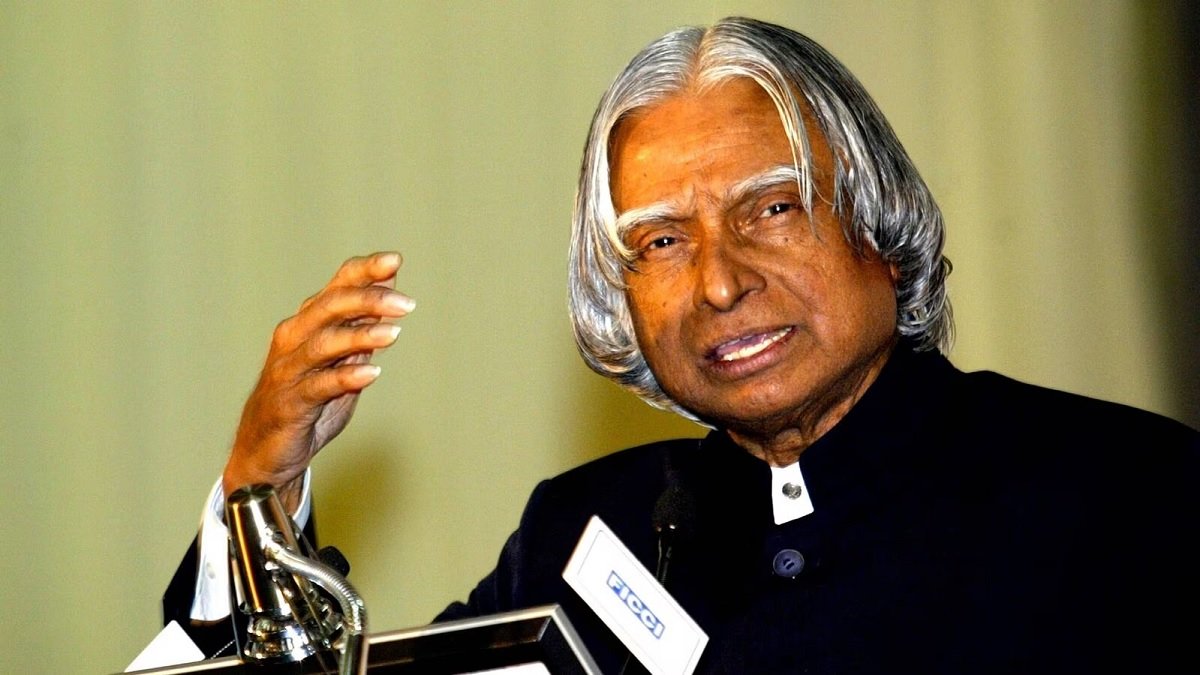The Bahá’í Faith, a relatively nascent religion emerging in the mid-19th century, espouses profound principles of unity, peace, and the inherent worth of every individual. Among its key figures, Abdu’l-Bahá stands out for his notable contributions to the dissemination of Bahá’í teachings. His 1912 visit to the United States, especially his interactions within the African American community in San Francisco, serves as a poignant illustration of the transformative power of Bahá’í principles, particularly concerning racial harmony and social justice. This article aims to delve into the significance of Abdu’l-Bahá’s sojourn in San Francisco and its implications for the wider Bahá’í community and society at large.
To fully grasp the impact of Abdu’l-Bahá’s visit, it is important to contextualize his role within the Bahá’í Faith. Born in 1844 in Tehran, Abdu’l-Bahá is recognized as the son of Bahá’u’lláh, the founder of the Bahá’í Faith. He emerged as a central figure in the dissemination of Bahá’í teachings, emphasizing the necessity for global unity and social equity. His travels, particularly to the West, played a pivotal role in introducing the principles of the Bahá’í Faith to a broader audience, fostering dialogues that transcended racial, economic, and cultural barriers.
The historical backdrop of racial dynamics in the United States during the early 20th century is crucial for understanding the relevance of Abdu’l-Bahá’s engagements. The era was characterized by stark racial segregation and systemic inequities rooted in centuries of discrimination against African Americans. However, the Bahá’í principle of the oneness of humanity provides a counter-narrative, advocating for the eradication of prejudice in all forms. Abdu’l-Bahá’s commitment to this principle resonated throughout his visit, particularly in locales like San Francisco.
Upon his arrival in San Francisco, Abdu’l-Bahá met with diverse groups, including notable African American leaders and communities. His willingness to engage directly with these communities not only exemplified his respect for their dignity but also reinforced the Bahá’í belief that every person possesses an intrinsic worth. He often spoke of the necessity for unity, urging individuals to transcend racial boundaries and work collectively towards a common good.
One particularly notable incident occurred during a public meeting in 1912 when Abdu’l-Bahá addressed an assembly that included individuals from various racial backgrounds. His message emphasized the importance of recognizing the oneness of humanity, a central tenet of Bahá’í teaching. This philosophy directly challenged prevailing notions of segregation, suggesting instead that humanity’s diversity should be celebrated rather than feared. His teachings encouraged attendees to form societal bonds that respected differences while fostering unity.
Not only did Abdu’l-Bahá’s visit to San Francisco symbolize a shift in perspective regarding race relations, but it also piqued curiosity about the Bahá’í Faith among those unfamiliar with its tenets. The compelling nature of his interactions with the African American community highlighted the progressive values inherent in Bahá’í teachings, inviting many to explore the Faith further. His willingness to engage with the challenges facing the African American community, such as disenfranchisement and social injustice, exemplified the Faith’s commitment to social action and transformation.
Abdu’l-Bahá’s influence extended beyond mere conversation; it inspired action among Bahá’ís and non-Bahá’ís alike. His emphasis on service to humanity reverberated through the community, leading to initiatives aimed at fostering education, social reform, and racial equality. Individuals inspired by his clarion call began to engage in social upliftment, establishing educational programs and outreach efforts aimed at addressing social inequities.
In the ensuing decades, the seeds planted during Abdu’l-Bahá’s visit in San Francisco began to bear fruit. The Bahá’í community established itself as a vocal advocate for civil rights, aligning itself with broader movements aimed at promoting equality and justice. As such, Abdu’l-Bahá’s teachings not only enriched the spiritual understanding of attendees but also catalyzed practical changes within society, demonstrating a holistic approach to the tenets of the Bahá’í Faith.
Furthermore, the legacy of Abdu’l-Bahá’s visit serves as a model for contemporary Bahá’í engagement with issues of social justice. His persuasive advocacy for racial equality continues to inspire Bahá’í communities worldwide to champion the principles of diversity, equity, and inclusion. Moreover, his interactions in San Francisco exemplified how dialogue, respect, and a commitment to oneness can create meaningful connections across historically divided groups.
In conclusion, Abdu’l-Bahá’s visit to San Francisco not only illuminated the teachings of the Bahá’í Faith but also served as a profound commentary on the necessity for racial and social unity in a fragmented world. By engaging with the African American community in a time of considerable strife, he championed the idea that systemic change begins with individual transformation. This enduring legacy challenges individuals and communities alike to cultivate a perspective rooted in empathy and solidarity. As society grapples with ongoing issues of inequality, the principles exemplified by Abdu’l-Bahá offer invaluable insights into the potential for a more harmonious future—one characterized by understanding, inclusivity, and shared purpose.
